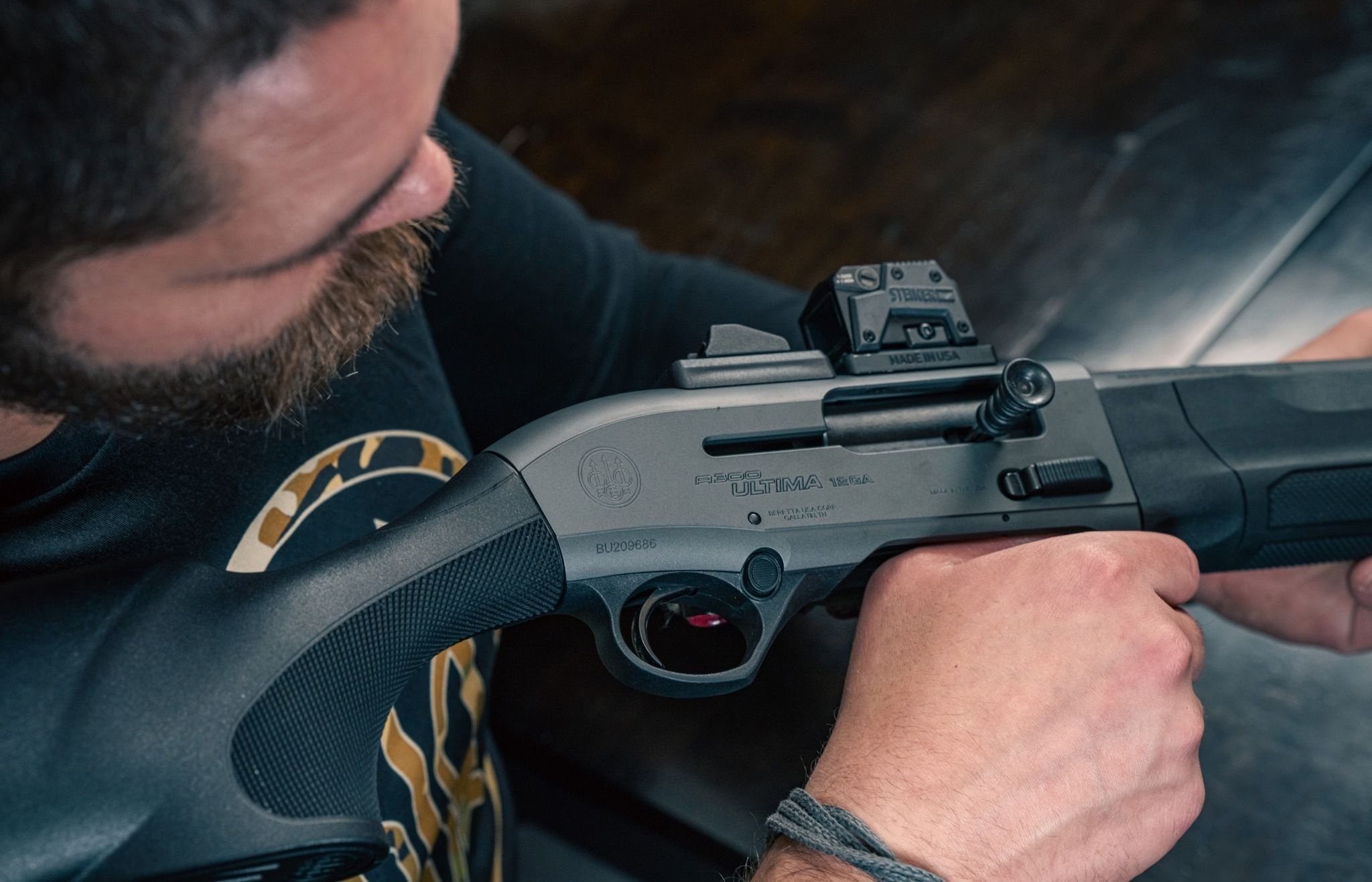Shotguns have long been a staple in the conversation about home security, offering a distinctive set of attributes that set them apart from other firearms. Here we delve into why shotguns stand out in the context of home defense, exploring their unique characteristics, effectiveness, practical considerations, and the legal and ethical implications of their use.
Historical Context and Evolution
The shotgun’s journey from a hunting tool to a home security mainstay is rooted in its versatility and formidable stopping power. Historically, shotguns were designed for hunting game at close to medium ranges, a characteristic that translates well into the requirements of home defense scenarios—engaging an intruder at close quarters. Over the years, technological advancements have improved the shotgun’s reliability, ease of use, and effectiveness, making it a popular choice among homeowners seeking a robust defense option.
Unique Characteristics
A shotgun’s unique selling point lies in its firing mechanism and ammunition. Unlike rifles and handguns that fire a single projectile, a shotgun fires a spread of small pellets, increasing the likelihood of hitting a target at close range. This spread effect reduces the need for precise aim under high-stress situations, a common scenario in home defense. Moreover, the variety of ammunition types, from birdshot to buckshot and slugs, allows homeowners to choose the appropriate level of lethality and penetration based on their security needs and home layout.
Effectiveness in Home Security
The effectiveness of shotguns in home security is often highlighted by their deterrent factor. The distinct sound of a shotgun being racked is universally recognized and can be enough to dissuade potential intruders. In terms of stopping power, shotguns are unparalleled at close range, capable of incapacitating an aggressor with a single shot. This makes them an effective tool for ensuring the safety of homeowners and their families in the event of a home invasion.
Practical Considerations
Choosing a home defense shotgun involves several practical considerations. The size and weight of the shotgun should be manageable for the user, allowing for quick and efficient handling in tight spaces. Additionally, the recoil of a shotgun can be significant, and selecting a model that the user can comfortably shoot is crucial. Training and familiarization with the firearm are also vital to ensure safe and effective use under stress.
Legal and Ethical Implications
The decision to employ a shotgun for home defense carries with it significant legal and ethical implications. Homeowners must be aware of their local laws regarding firearm ownership, storage, and use in self-defense situations. Ethically, the potential for lethal force necessitates a deep understanding of the responsibility that comes with owning a shotgun for home security. Homeowners must be prepared to make split-second decisions that could have life-altering consequences.
Community Perspectives
Community perspectives on the use of shotguns for home security vary widely. Advocates argue that shotguns provide an unmatched level of protection, citing their reliability, ease of use, and stopping power. Critics, however, raise concerns about the risks associated with firearms in the home, including accidents and the potential for escalation in domestic disputes. The debate often centers around finding a balance between the right to self-defense and ensuring community safety.
Alternatives and Complementary Measures
While shotguns are a formidable tool for home security, they are not a one-size-fits-all solution. Homeowners should consider shotguns as part of a broader security strategy that includes alarm systems, motion sensors, secure locks, and emergency planning. Training in non-lethal defense techniques and understanding de-escalation strategies are also important components of a comprehensive home security plan.
Conclusion:
Shotguns stand out in the realm of home security for their unique characteristics, effectiveness, and the sense of security they provide to homeowners. However, their selection and use require careful consideration of practical, legal, and ethical factors. As part of a multifaceted approach to home security, shotguns can offer a significant deterrent and defense capability, reinforcing the safety and peace of mind of homeowners and their families. Ultimately, the decision to incorporate a shotgun into a home security strategy should be informed, responsible, and tailored to the specific needs and circumstances of the household.

